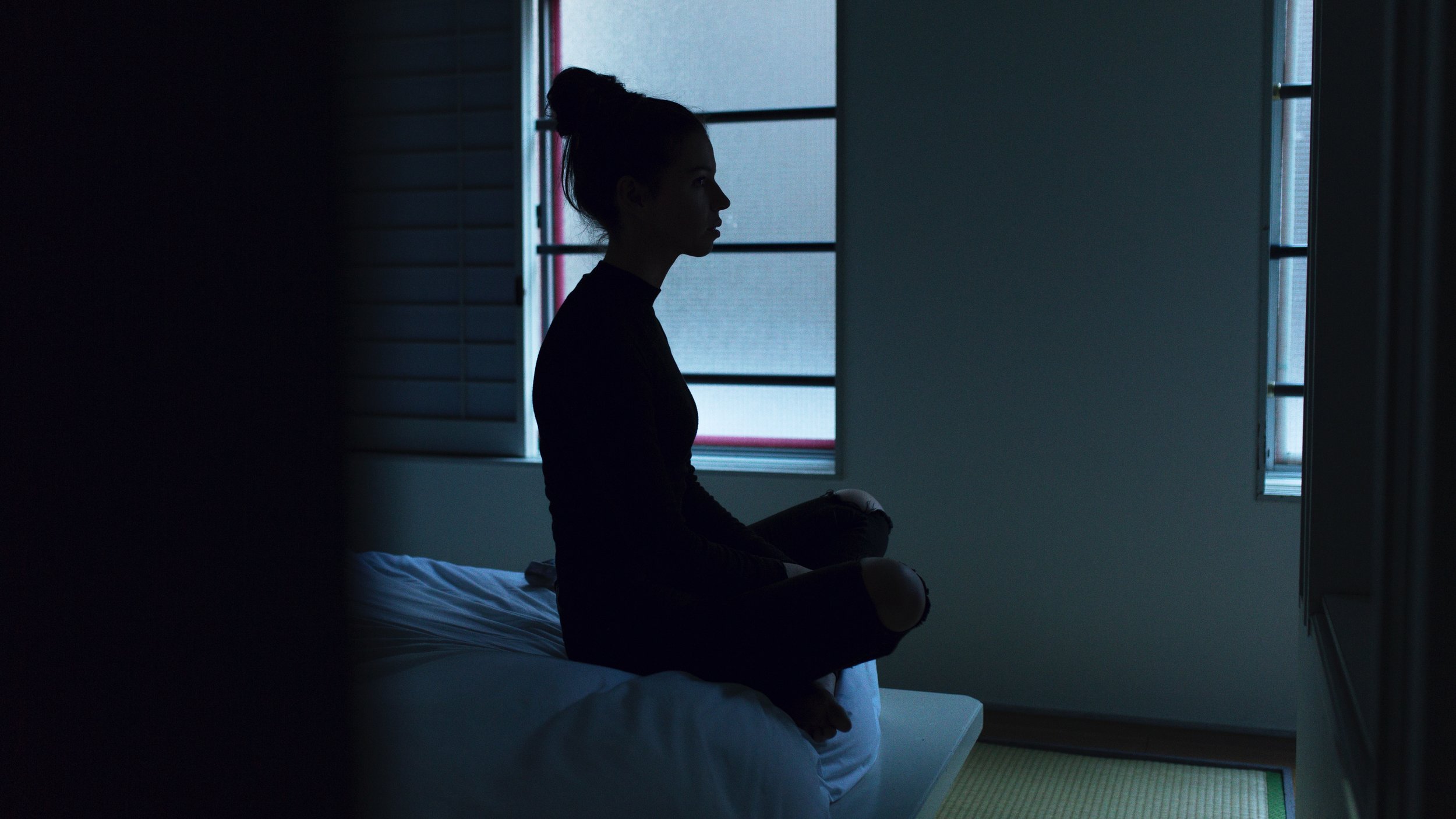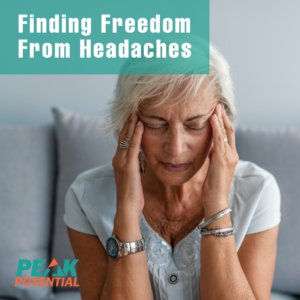
Stress is a serious issue in our culture. In fact, over 75% of primary care physician visits are for stress-related illness or concerns.
Why is it such an issue now?
Stress is the body’s natural protective response. It kicks our body into gear when danger presents itself. But these days, stress isn’t usually about a disaster – it’s the traffic or job demands or a Pinterest recipe gone wrong. And when everyday stress adds up over time it really stars to affect our health.
As stress has changed its role in our lives, many misunderstandings developed around stress. So, before we are able to reduce stress to feel better, live longer, and ward off pain we need to set the record straight.
Let’s look at the top 5 Myths surrounding stress in our lives:
Myth 1: Stress is the same for everyone.
The feeling of stress and the effects it has our bodies is not the same for everyone. Each of us experiences stress in a unique way. What is stressful for one person may or may not be experienced as stressful for another.
For instance, some people may get stressed out over traffic on the way to work, while others don’t see this inconvenience as a big deal. Some get stressed out at work by pressure from their boss, while others may thrive on this.
Myth 2: Stress is always bad for you.
Stress itself is not bad. Although we don’t always recognize it, good stress is excitement, thrill, anticipation, and adrenalin. These are the things that keep our lives productive and happy.
The key is to recognize personal signs of bad stress and deal with these situations appropriately. Mismanaging the bad stress is what is bad for your body and creates even more stress.
Myth 3: I don’t have stress because I don’t have symptoms.
An absence of symptoms does not mean the absence of stress. In fact, your brain and body can be taking a beating from stress long before you start to feel it. Additionally, symptoms may be masked by medications or alcohol that doesn’t protect you from the long-term effects.
Most adults don’t even know when they’re really stressed until their bodies start to tell them through anxiety, shortness of breath, digestive upset, and sleep disturbances. Early warning signs can include headaches, a stiff back, or difficulty concentrating.
Myth 4: Stress equals success.
This idea that being stressed means you’re successful if very common in our society. The truth is – stress doesn’t make you successful. In fact, stress reduces productivity, mental acuity, and creativity.
Success often brings with it extra responsibilities that can be stressful, those circumstances aren’t what causes stress. It’s our thoughts about those tasks, pressures, and to do lists that pile on the stress. Reframe your thoughts and you can have success without the added stress.
Myth 5: Stress is inevitable.
We discussed how stress is a normal part of life, but an overload of stress is not inevitable. Look at all the things that you aren’t bothered by that are very stressful for other – such as flying or finances.
For many people, the stress of public speaking seems inevitable because that can’t imagine it another way. But many people love presenting to a room and are energized by a large crowd. This is because our emotions come from our beliefs. The good news is, it is entirely possible to think differently and change our experience of stress.
The truth about stress . . .
The one absolute is that we are all different – our lives, situations, innate beliefs, and reactions. We have to find ways to mitigate and manage the stress that we experience each day.
I can give you tips and tricks but your “personal stress management program” must be individualized to you. Explore self-help books, podcasts, and blogs on the subject and find what works in your life. Just find SOMETHING that you can make a part of your EVERYDAY routine.




